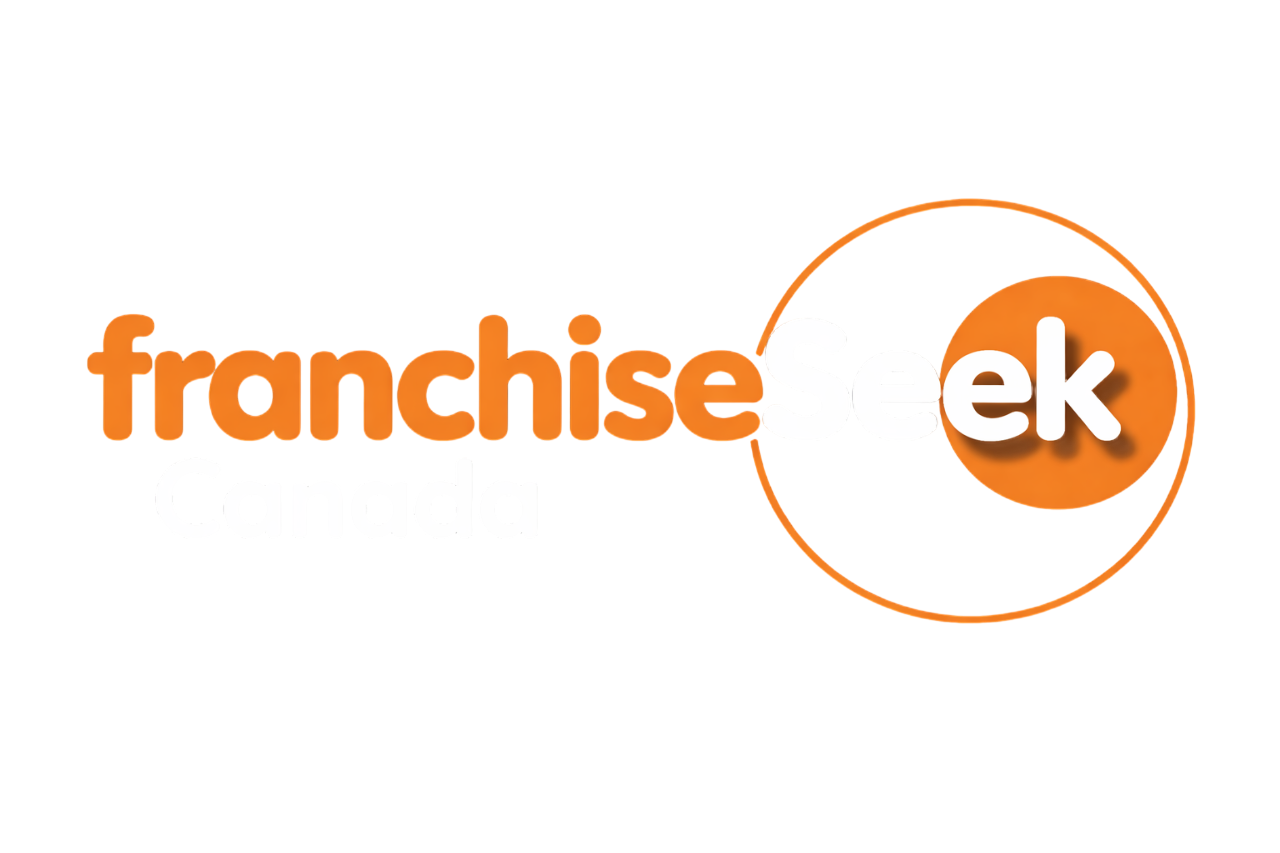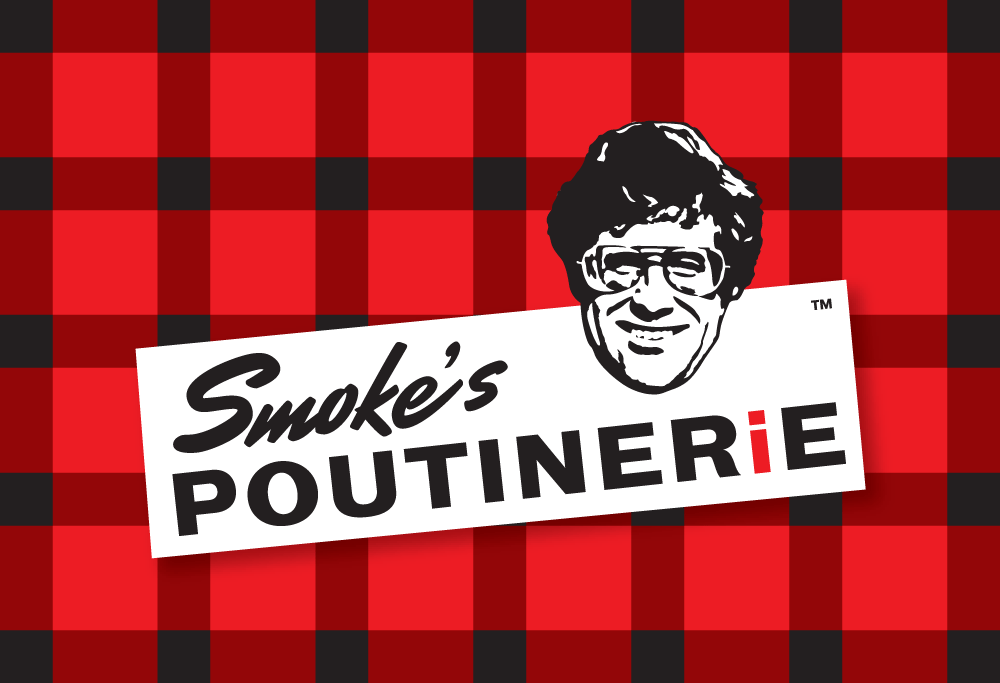The success of a franchise often hinges not just on the brand’s reputation or the quality of its products and services, but also on where it’s located. The right location can drive foot traffic, build brand awareness, and accelerate profitability, while the wrong one can lead to underperformance and eventual closure. Choosing the right location for your franchise is a strategic decision that requires careful planning, data analysis, and a solid understanding of your target market. Whether you’re opening a fast-food outlet, a fitness center, or a retail shop, location is more than a mere address—it’s a critical component of your business strategy.
Understand Your Target Market
The first step in choosing the right location is understanding who your customers are and where they are most likely to be. Demographics such as age, income level, education, and lifestyle choices play a vital role in determining where your ideal customers live, work, and shop. For example, a franchise targeting young professionals might do well in a bustling urban area, while one catering to families could thrive in suburban neighborhoods. Market research, surveys, and insights from your franchisor can help you identify the areas where your target market is concentrated, ensuring your business is accessible to the people most likely to support it.
Evaluate Visibility and Accessibility
High visibility is crucial for attracting foot traffic, particularly for businesses that rely on impulse visits or walk-ins. A location on a busy street or near a well-trafficked shopping center can offer continuous exposure to potential customers. Accessibility is equally important—your franchise should be easy to find and convenient to reach by car, public transportation, or on foot. Consider factors such as parking availability, traffic flow, and proximity to major roads or landmarks. A great product or service may go unnoticed if customers have difficulty reaching you.
Assess The Competition
While a certain level of competition can indicate healthy demand, too much of it—or the wrong kind—can hinder your franchise’s success. Analyze the local market to understand who your competitors are, where they are located, and what they offer. Consider whether there’s room for another player or if the market is already saturated. Alternatively, a lack of competition might suggest either an untapped opportunity or low demand. Studying the competitive landscape will help you gauge whether the location offers potential for sustainable growth or if it poses too great a risk.
Consider The Cost and Zoning Regulations
Financial considerations are crucial when evaluating potential locations. Rent or purchase price, utilities, taxes, and maintenance costs can vary significantly depending on the area. A premium location might offer excellent foot traffic but at a cost that eats into your profit margins. Balancing visibility and affordability is key. Additionally, local zoning laws and business regulations can affect your ability to operate legally and efficiently. Some areas may have restrictions on signage, hours of operation, or types of businesses allowed. It’s essential to work with local authorities or legal professionals to ensure compliance and avoid costly surprises down the line.
Analyze Future Growth Potential
It’s important to look beyond the present and consider the long-term potential of a location. Is the neighborhood on an upward trajectory with new developments, infrastructure projects, or an influx of residents and businesses? A location with future growth prospects can lead to increased customer traffic and appreciation in property value. Conversely, an area in decline might struggle to attract consistent business. Stay informed about city plans, construction projects, and economic forecasts to choose a location that will grow with your franchise.
Leverage Franchisor Support
Most franchisors offer valuable assistance in the site selection process. They may have access to proprietary data, real estate experts, or tried-and-tested methods for identifying prime locations. Some franchisors even maintain lists of pre-approved sites that have been vetted for profitability and suitability. Leveraging this support can reduce your risk and increase the chances of selecting a location that aligns with the brand’s proven success formula. Maintain open communication with your franchisor and take advantage of all available resources throughout the site selection process.
Conclusion
Choosing the right location for your franchise is one of the most critical decisions you will make as a franchisee. It requires a thoughtful balance of market research, financial analysis, and strategic planning. By understanding your target audience, evaluating visibility and accessibility, assessing local competition, and considering both current and future potential, you can position your franchise for long-term success. With the guidance of your franchisor and a careful review of all relevant factors, you can confidently select a location that supports your business goals and drives profitability from day one.









